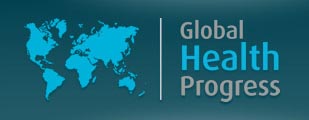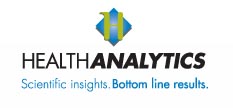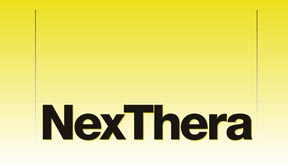Global Health Progress (GHP) released a new fact sheet highlighting Russia’s commitment to expanding and promoting its biotechnology sector. Although the biopharmaceutical sector in Russia is less developed than other markets, the sector is making progress by implementing public policies that support pharmaceutical research and development (R&D) for life-changing treatments, contribute high-quality, high wage jobs to the region and increase the number of clinical trials offered to the population to improve access to drugs and help reduce the overall burden of disease.
Currently, Russia accounts for approximately 0.5% of the world biotechnology market, two-thirds of which are biopharmaceuticals. In 2010, the value of the biopharmaceutical market in Russia was estimated to be approximately US $17.2 billion, compared with US $10.4 billion in 2006. According to analysts, the Russian market is predicted to expand at a compound annual growth rate of 8.3% over the next few years and approximately 53% of the biopharmaceuticals market in Russia is comprised of innovative medicines.
As part of a national 10-year plan to promote biotechnology, the government is enacting policies to strengthen Russia’s pharmaceutical research and development (R&D) areas that have been historically strong. For example, special economic zones will focus on attracting investors to commercialize biotechnology and related innovations. Additionally, the Russian government is investing in “bioparks,†R&D clusters of biotechnology and related sectors.
Russia is well-known for its highly skilled scientific workforce and the biopharmaceutical sector has emerged as an important source of high-quality, highly skilled jobs. As the presence of biopharmaceutical companies increases, so does the pool of highly skilled doctors, scientists and researchers. According to Burrill & Company, the biopharmaceutical sector currently employs approximately 12,000 people with the average salary for a PhD scientist in Russia approximately US $1,800.
Currently, Russia ranks 12 out of 25 in terms of active clinical trials with 1,084 sites with an average relative annual growth rate of 33%. However, as of February 2010, there were 304 medicines in development in Russia, making the country one of the fastest annual growth rates. The growth in share of global clinical trials can bring health benefits, including the diffusion of medical knowledge and effective medical practice, greater patient access to high quality care and improve access to drugs. Clinical trials can also help reduce the overall burden of disease on the Russian population.
Via EPR Network
More Healthcare press releases








